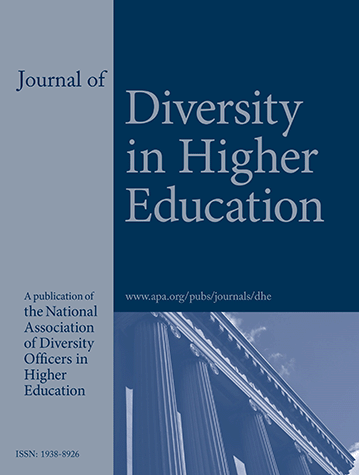Archives: Articles/Briefs
Promoting at-promise student success in 4-year universities: recommendations from the thompson scholars learning communities.
Fostering equitable engagement: A mixed-methods exploration of the engagement of racially diverse students in a comprehensive college transition program.
A practical guide to causal mediation analysis: Illustration with a comprehensive college transition program and nonprogram peer and faculty interactions.
Examining undergraduate college students’ experiences participating in longitudinal qualitative research.
At-promise college student major and career self-efficacy (MCSE) ecology model.
The article introduces the At-Promise College Student Major and Career Self-Efficacy Ecology Model, highlighting how coordinated academic, social, and career experiences across multiple contexts can enhance students’ major and career self-efficacy. It shows that students who experience career support that is developmental, coordinated, tailored, and affirming are more likely to be confident in their career pathways – with implications for their motivation, persistence, and success.
